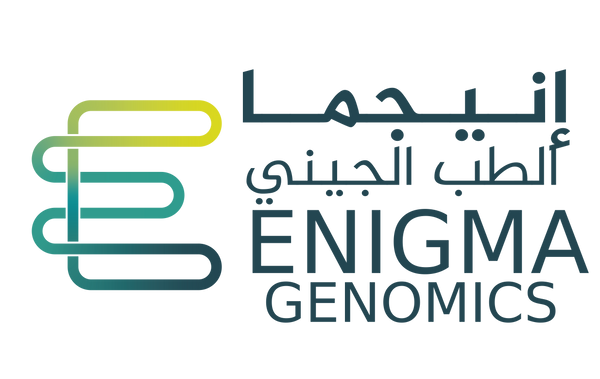
Pancreatic Cancer and genetic testing
In this article, we will learn more about pancreatic cancer and the usefulness of genetic testing in the prevention and treatment of pancreatic cancer.
What exactly is pancreatic cancer?
Pancreatic adenocarcinoma
Pancreatic neuroendocrine tumor
Pancreatic cancer causes
- BRCA1, BRCA2, PALB2, CDKN2A, and ATM genes: When any defect occurs in these genes, the chances of developing breast cancer increase, as we all know, but a defect in them can also cause pancreatic cancer and other types of cancer such as prostate cancer.
- MLH1, MSH2, MSH6, PMS2, and EPCAM genes: A defect in one of these genes leads to Lynch syndrome, which increases the chances of developing pancreatic cancer and other types of cancer such as colon cancer and other cancers.
Some other diseases may also increase your chances of developing pancreatic cancer, such as diabetes, chronic pancreatitis, and metabolic syndrome, which includes high blood pressure and high blood sugar and fat levels.
Read more: Cancer risk and heredity
Symptoms of pancreatic cancer
The significance of genetic testing in the early detection and treatment of pancreatic cancer
Some tests, such as ultrasound, MRI, computed tomography (CIT), and biopsy (which includes obtaining a sample of pancreatic tissue), may be recommended by the doctor to confirm the diagnosis of pancreatic cancer at a late stage of the disease. Genetic testing may also contribute to changing the prevention of pancreatic cancer and other types of cancer by:
pancreatic Cancer prevention and early detection
Genetic testing can be used to determine which genetic mutations cause pancreatic cancer or raise a person's chance of getting it, so that people and families can make the appropriate decisions. By identifying any other genetic alterations causing the same kind of cancer from which the patient recovered or any other sort of cancer, genetic testing can also be used to assess the likelihood of a patient healing from cancer reoccurring.
Selecting an appropriate course of cancer treatment (personalized treatment)
Through genetic testing, the doctor can determine the best course of treatment for the patient and minimize side effects from other treatments, increasing the patient's chances of recovery. Genetic testing also aims to uncover changes in the patient's genetic makeup that contribute to pancreatic cancer and may impact the response to treatment and its effectiveness within an individual. A genetic screening may lead the doctor to consider other therapeutic options, such as chemotherapy or targeted cancer treatment, in place of surgery to remove the tumor, even though the initial diagnosis of cancer clearly indicated that the patient needed surgery to remove the tumor.
Assess the risk that cancer may reoccur in the family
Given the type of genetic changes found to cause the pancreatic cancer, genetic testing helps determine the likelihood that other family members (especially first-degree relatives) will also have the same type of cancer or another type. Based on this information, family members can be advised to undergo genetic testing or develop a comprehensive cancer prevention plan.
Cancer research is also aided by genetic screening by the discovery of new cancer-causing genes and the development of new, more effective treatments.
The American Cancer Society recommends genetic testing in the following cases:
1. The person with cancer
- If you had cancer before age 50.
- If you have one or more first-degree members (father, mother, or sibling) with cancer.
- If you have rare types of cancer, such as pancreatic cancer, prostate cancer and male breast cancer.
- If you are about to undergo surgery to reduce the chances of the cancer spreading (such as a colon or mastectomy) to determine the appropriate treatment and procedure based on the type of genetic changes you have.
. 2. Healthy person
- If you have relatives with certain cancers (such as pancreatic cancer, prostate cancer).
- If you have more than one first-degree relative (father, mother, or sibling) with cancer.
- If you have a relative with more than one type of cancer.
- If you have a relative who had cancer before the age of 50.
Genetic counseling is recommended to help determine the best course of action because, as mentioned above, the right kind of screening relies on the patient's health and family history of cancer as well as any other genetic disorders or diseases that raise the risk of cancer.
Cancer and Genetic Counseling
Based on data provided about your family's medical history and your own health, genetic counseling helps choose the best course of action and suggests thorough genetic testing. Finding out how frequently cancer runs in the family also benefits from genetic counseling. The genetic counselor's duty extends beyond the pre-test phase; in addition, they assist you in comprehending the test results so that they can offer you the appropriate guidance and recommendations as well as the required psychological support.
To help you preserve your health and the health of your family, Enigma Genomics provides Comprehensive Cancer Panel, covering 109 genes linked to the various cancer types identified to date, along with a remote genetic counseling service before and after screening.
